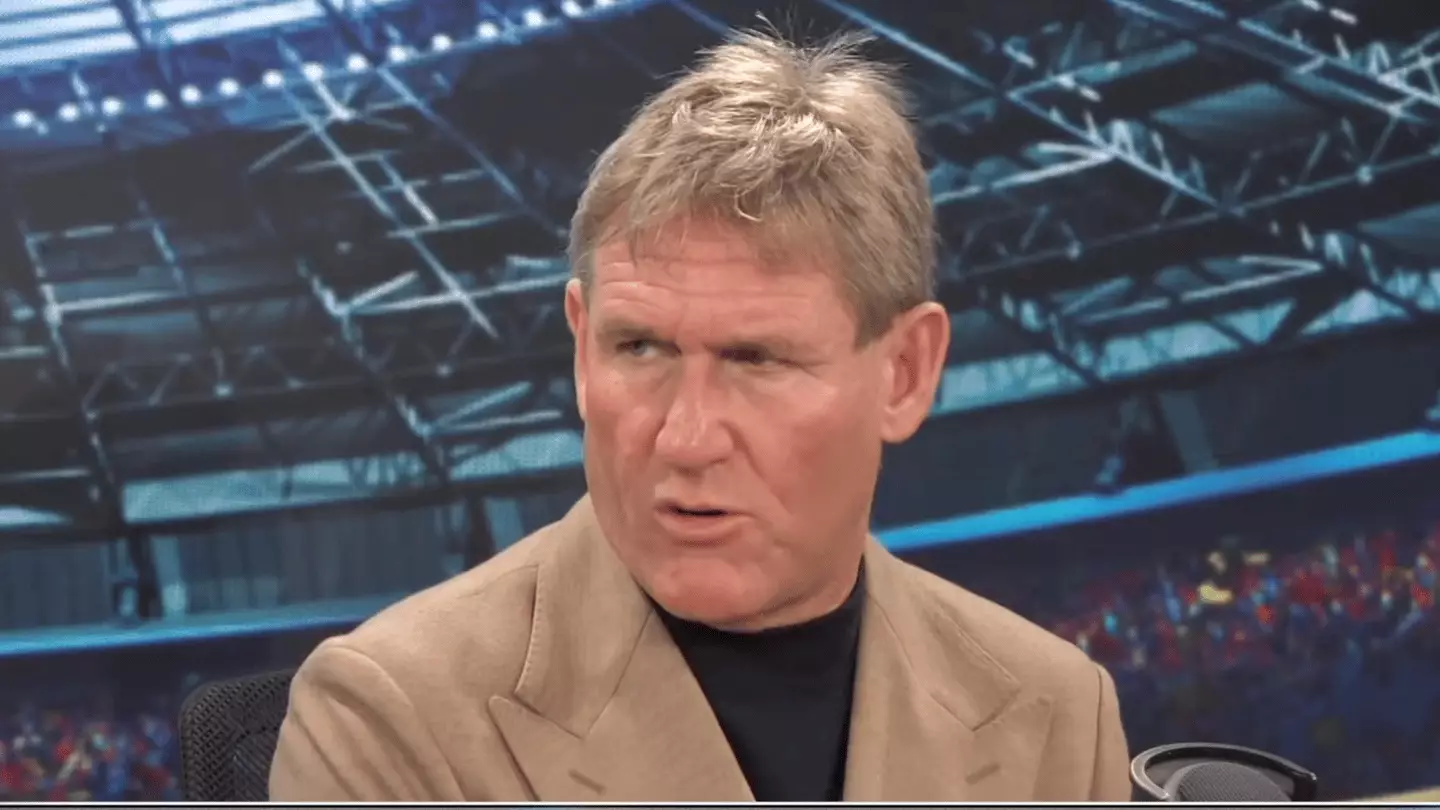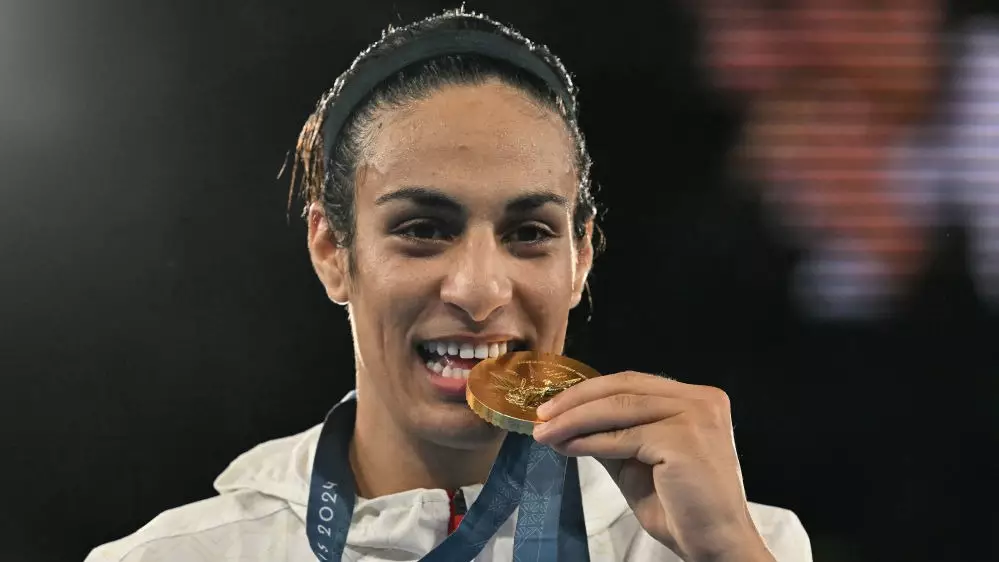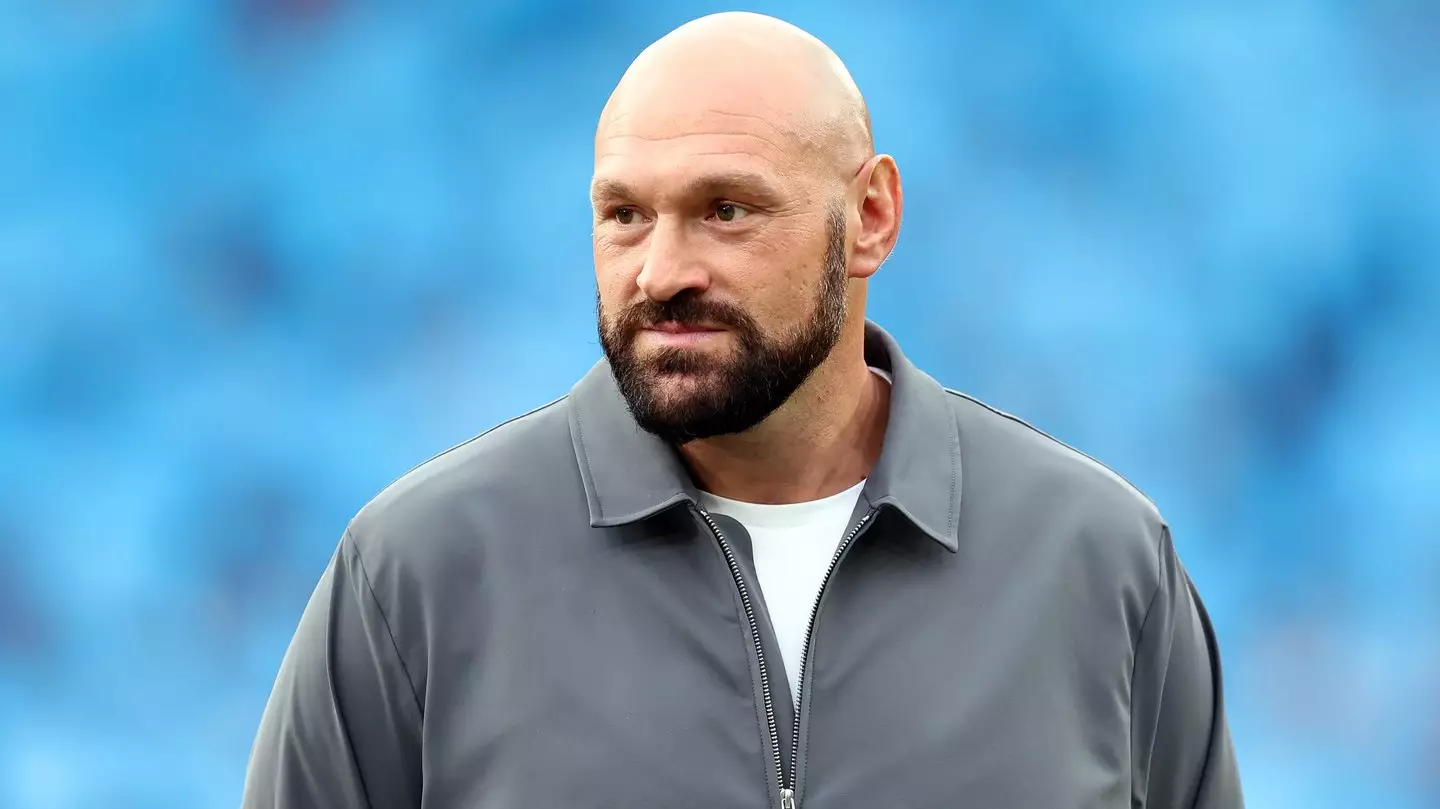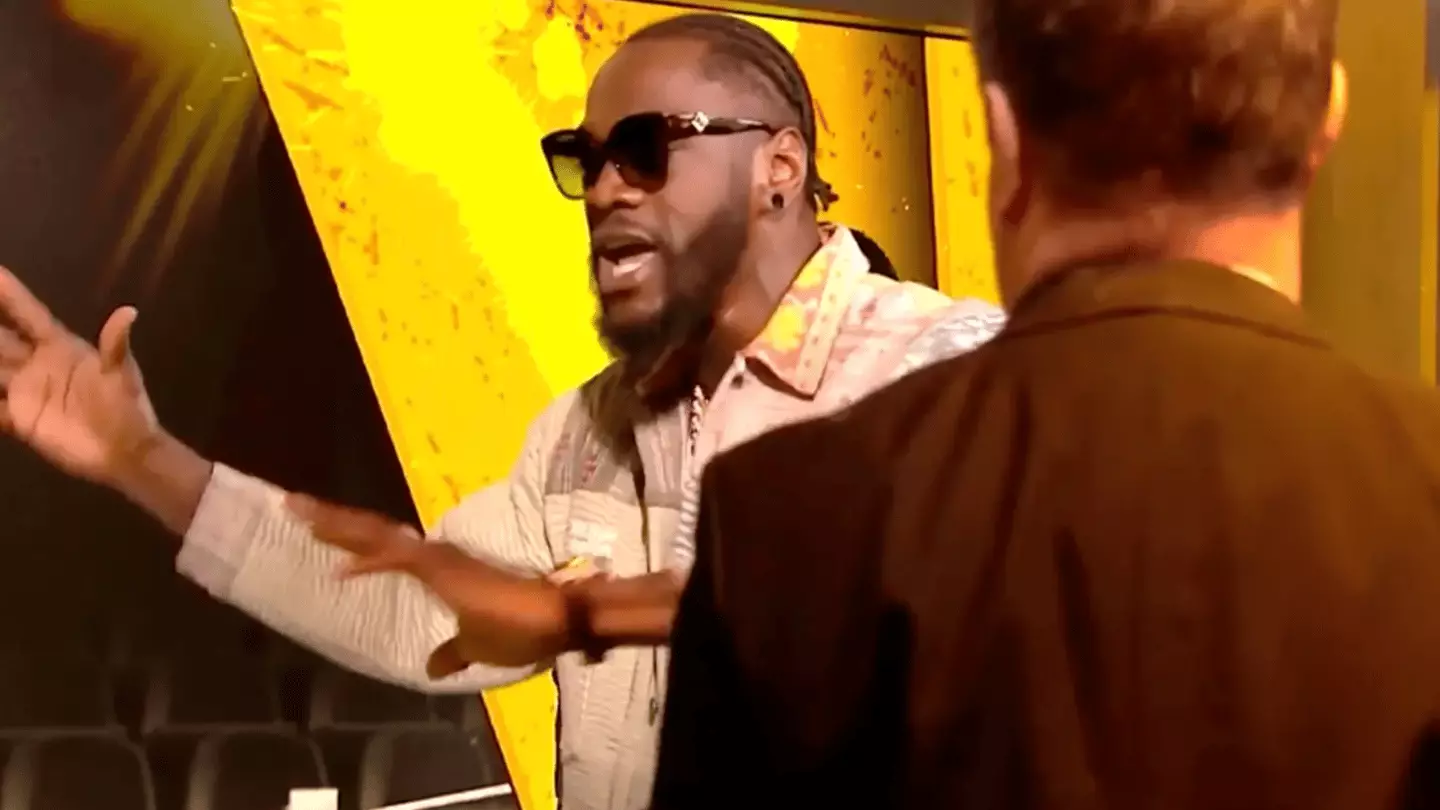Boxing

The former boxing champion furiously stormed out of his interview with Jordan.

Khelif has responded after being incorrectly called a 'male boxer' by Trump

Deontay Wilder clashed with Simon Jordan during his appearance on talkSPORT.

The former WBC champion was furious as he left the interview early.